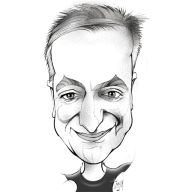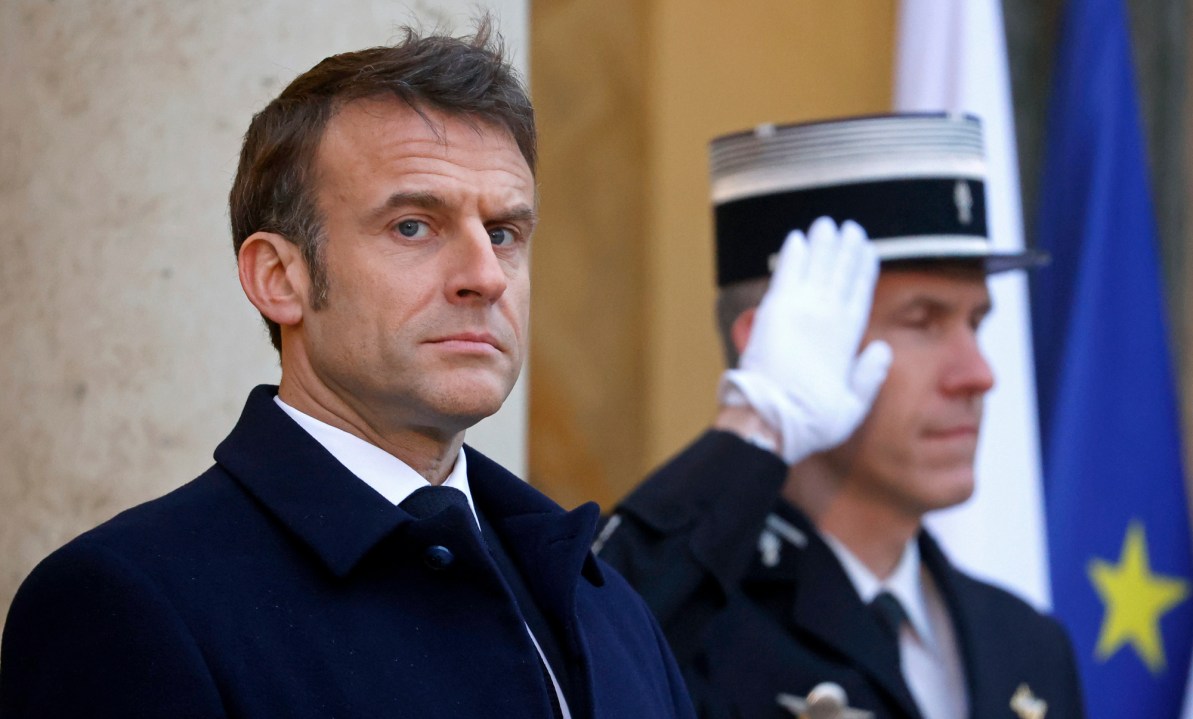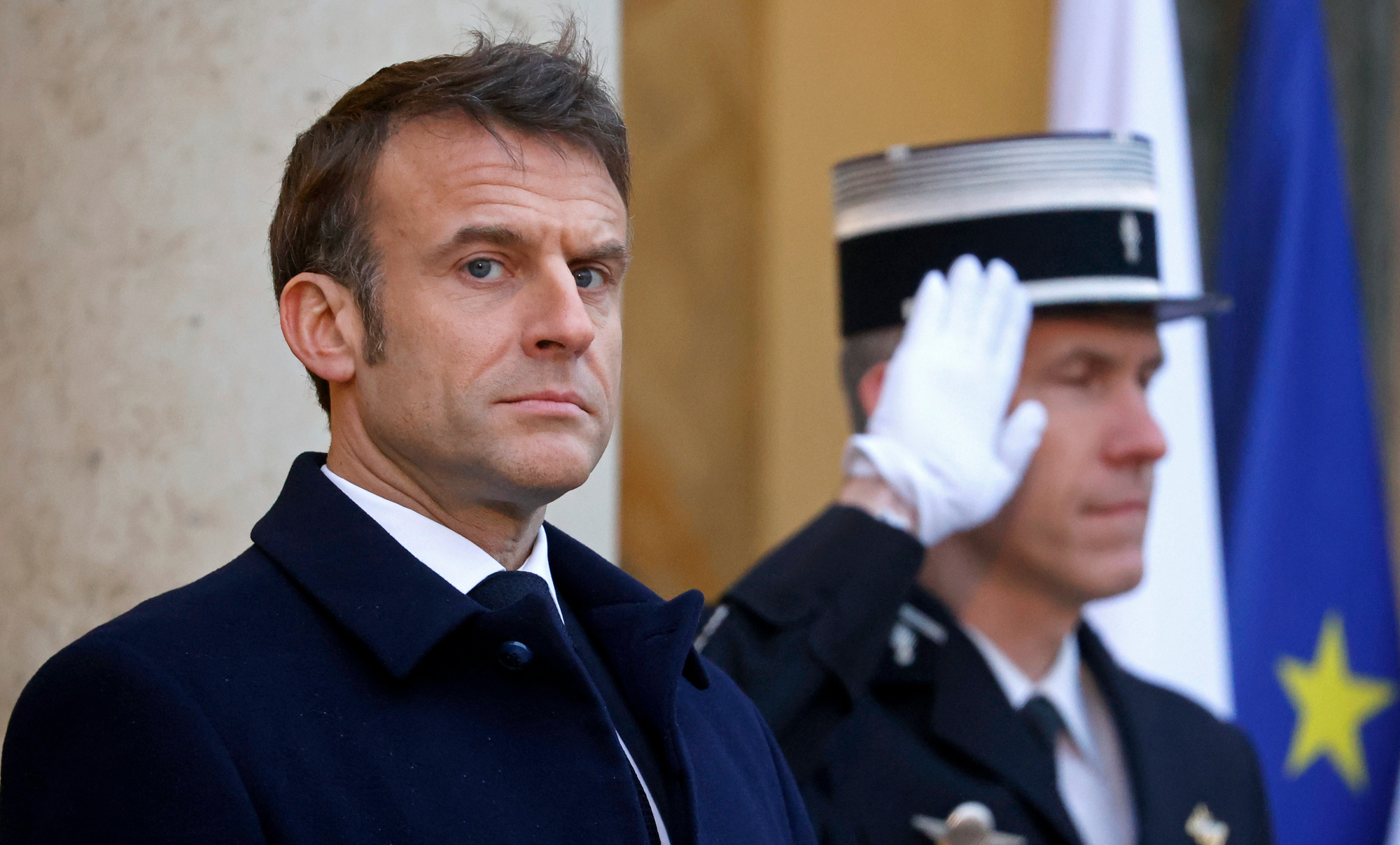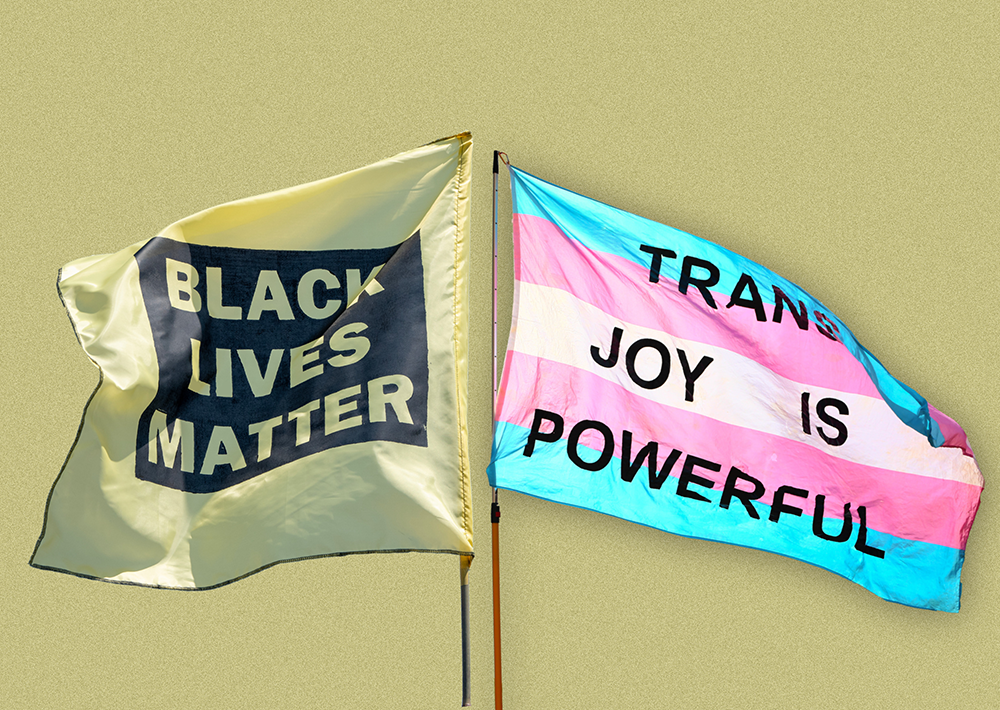Emmanuel Macron turned this week to France’s shadowy Freemasons for support. In a speech delivered to the secretive Grande Loge de France, he asked for their help to defend the Republic’s core values, and urged them to stand up to extremes, by which he means Le Pen’s National Rally. Macron needs to stabilise the political centre, which he once comfortably occupied, but which is shrinking fast under pressure from the right.
That a sitting French president would attempt to enlist the Freemasons is astonishing
That a sitting French president would attempt to enlist the Freemasons is astonishing. Normally shrouded in discretion, the group has never been publicly courted by any president. There have been numerous political scandals over the years linked to Freemasons, who have a history of manoeuvring behind the scenes.
Macron directly appealed to the Freemasons and asked them to serve as ‘ambassadors of fraternity’ and to actively promote secularism. The latter underpins Macron’s immigration policies, which seek to integrate newcomers by requiring adherence to secular and republican values through measures such as language training, civic education, and controversial restrictions on religious symbols in public institutions. Secularism is often held up by French policymakers as the key to ensuring that immigration does not undermine the unity or neutrality of the state, by framing it as a question of civic integration rather than cultural conflict. As such, Macron’s speech was a shot across the bow of his opponents, most notably Marine Le Pen and Jordan Bardella’s National Rally and the harder line now being pushed by Interior Minister Bruno Retailleau. The latter has called for stricter secular and immigration policies that blur the line between Macron’s centrism and the discourse of the right.
Freemasonry is not just a gentleman’s club or philanthropic society, it is a parallel power structure, with its own internal codes, rituals, and ranking systems. Members, often senior figures in politics, the judiciary, the police and the civil service, swear loyalty to their lodges, meet behind closed doors, and never speak publicly about their affiliations. The inner workings of the society remain secret.
Initiates help one another in professional circles, promote preferred candidates in institutions, and quietly shape public debate through dense, informal networks. The secrecy isn’t accidental, discretion is a key part of Masonic culture, from coded handshakes to secret meetings. In the 1990s, French media linked Freemasons to several high-profile scandals. The Affaire des HLM de Paris involved allegations of fraud in public housing contracts, with rumours of Masonic ties among the officials who were implicated. Two military procurement scandals also raised questions about lodge connections protecting insiders. The Affaire des Frégates saw unconfirmed reports of alleged Freemason judges shielding lodge members. These scandals stirred public suspicion of elite networks operating behind closed doors.
The most prominent scandal potentially linked to Freemasonry was the Elf affair, a corruption case in the late 1990s and early 2000s involving France’s oil giant, Elf Aquitaine. Hundreds of millions in misappropriated funds fuelled political slush funds and international deals, implicating figures like Roland Dumas, then Foreign Minister. While Dumas was not confirmed as a Freemason, speculation surrounded several people involved.
Macron’s appeal to the Freemasons carries real risk. For a President already viewed as aloof and technocratic, openly courting a fraternity with a reputation for backroom influence and elitism further erodes public trust in him. His appeal for help to the Freemasons reveals just how precarious his position has become. The broad centre-ground on which he was elected is disappearing, squeezed on both flanks.
Macron sees his legacy at risk if the right takes power and is searching for allies wherever they can be found. But openly courting an organisation as secretive and elitist as the Freemasons is risky. His move might strengthen his hand in Parisian salons, but for ordinary voters, it simply confirms the impression that the President is grasping for influence in all the wrong places.









Comments